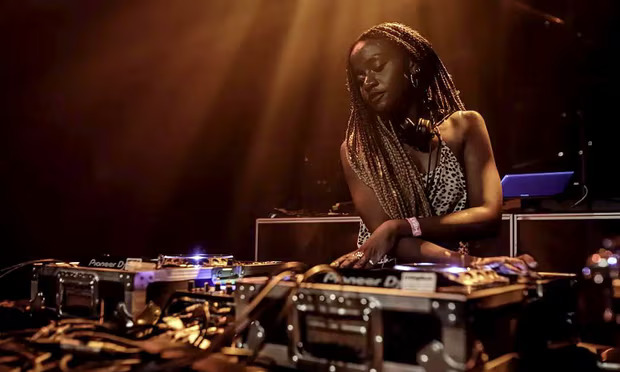In recent years, a growing number of African and Asian artists have faced significant hurdles when attempting to obtain visas for travel to the UK and EU countries. These refusals, often described as ‘humiliating’ and ‘unjust’, have sparked widespread condemnation from the global artistic community. This issue not only highlights the barriers that these artists face but also raises critical questions about cultural exchange, diversity, and the equitable treatment of artists from the Global South.
The Visa Refusal Crisis
Rising Denial Rates
Artists from Africa and Asia have reported alarmingly high rates of visa refusals when applying to enter the UK and EU for cultural events, exhibitions, and collaborations. These refusals often come with little explanation, leaving artists feeling undervalued and disrespected. The bureaucratic process is frequently described as opaque, with stringent requirements that many find difficult to meet.
The Impact on Cultural Exchange
The refusal of visas to artists from these regions has a profound impact on cultural exchange. Art, in its many forms, is a crucial medium for cross-cultural dialogue and understanding. When artists are denied the opportunity to share their work on international platforms, the global community loses out on diverse perspectives and voices. This exclusion stifles creativity and reinforces cultural imbalances, where the artistic contributions of the Global South are marginalized.
Artists Speak Out
Personal Accounts of Humiliation
Many artists have come forward with personal stories of the humiliation and frustration they have experienced during the visa application process. These accounts often describe a lack of respect and understanding from visa officials, who sometimes treat legitimate artists as potential illegal immigrants. This not only affects the artists’ professional opportunities but also takes an emotional toll.
Example: Renowned Nigerian visual artist, Wura-Natasha Ogunji, shared her experience of being denied a UK visa despite having an invitation from a prestigious gallery. “It felt like they didn’t see my humanity or my contributions to the arts. It was a demeaning experience that made me question the value placed on African artists by the West,” she said.
Collective Condemnation
In response to these repeated denials, artists and cultural organizations have banded together to condemn the discriminatory practices. They argue that these visa policies are not only unfair but also counterproductive, as they hinder the very cultural exchanges that the UK and EU claim to promote. Petitions, open letters, and public statements have been issued, calling for a more transparent and equitable visa process.
The Broader Implications
Cultural Diplomacy at Risk
Visa refusals for artists have broader implications for cultural diplomacy. The ability of countries to engage in meaningful cultural exchange is a cornerstone of soft power and international relations. When artists from the Global South are systematically excluded, it undermines the potential for building mutual understanding and respect through cultural diplomacy.
Economic Impact
The economic impact of these visa refusals cannot be overlooked. International art fairs, festivals, and exhibitions generate significant revenue and create numerous job opportunities. Excluding artists from Africa and Asia deprives these events of diverse talent and reduces their global appeal, potentially leading to financial losses.
Calls for Change
Policy Reforms
To address this issue, there are growing calls for policy reforms that make the visa application process more transparent and fair. This includes clear guidelines on the requirements and criteria for visa approval, as well as an appeals process for those who are unfairly denied. Moreover, there should be a recognition of the unique circumstances and contributions of artists, ensuring they are treated with the respect they deserve.
Support from Cultural Institutions
Cultural institutions in the UK and EU have a crucial role to play in advocating for fairer visa policies. By providing strong support for invited artists and leveraging their influence, these institutions can help ensure that artists from the Global South are granted the access they need to participate in international cultural events.
International Solidarity
Global solidarity among artists is essential in addressing these challenges. Artists from the Global North can use their platforms to amplify the voices of their colleagues from the Global South, drawing attention to the injustices they face and advocating for change. Collaborative projects and partnerships can also help bypass some of the barriers imposed by restrictive visa policies.
Sponsored
FACTS Transcripts
Apply for a University document anywhere
https://www.factstranscript.com
Quick Transcripts for popular Universities, check your University name now and get started. We help you to get your transcript application online which is accepted for use of IRCC.
No DD, NO Paperwork. 100% Authentic, Reliable.
FACTS Transcripts Charges · Reviews · Assam Universities · Home · Know your University










